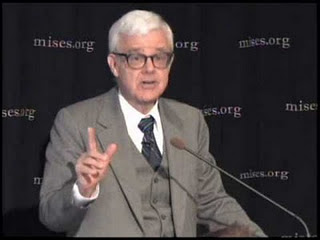
We’ve previously discussed unclear safety warnings (1, 2). Here, for a change, we discuss a clear safety warning: the wording of the sign in the picture above. This sign appears at several places on the tree line of Mount Washington, the highest peak in New Hampshire.
Compared to the highest peaks nationwide, Mount Washington isn’t much: it’s only 6,288 feet high. There are many peaks more than twice as high; Mount McKinley, the highest at 20,320 feet, is more than three times as high.
But more people have died on Mount Washington than on any other mountain in the United States, and all but a few mountains worldwide. Two big reasons are weather and location.
The cone of Mount Washington has literally the worst weather in the United States. Wind speeds can exceed 200 miles per hour. Rainstorms and snowstorms are difficult to predict and can overtake a hiker in minutes.
Nearly 70 million people can drive from their homes to Mount Washington in a day or less. As a result, many inexperienced hikers climb it. Many of them are drastically unprepared; for example, they take a summer stroll up the mountain carrying no warm clothes, no shelter, and no food. This is risking death by hypothermia.*
In short, Mount Washington is often underestimated. That is probably why the government used uncharacteristically direct and clear language in those tree-line signs. The government knew that, for many hikers, those signs would be the only clue that they could be fatally unprepared for the trail ahead.
The Takeaway: If you are ever responsible for writing or editing a safety warning, give it your most careful attention. Readers depend on you.
*There are more deaths in August than in any other month.
See disclaimer.







